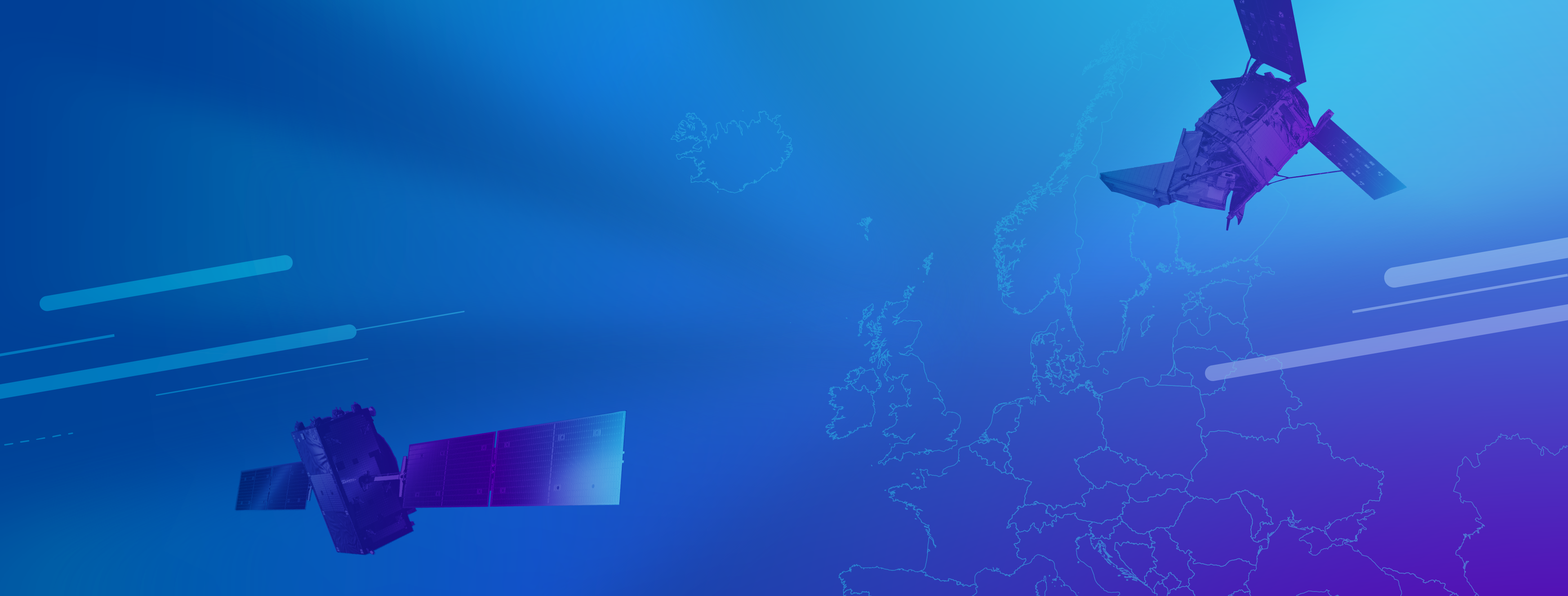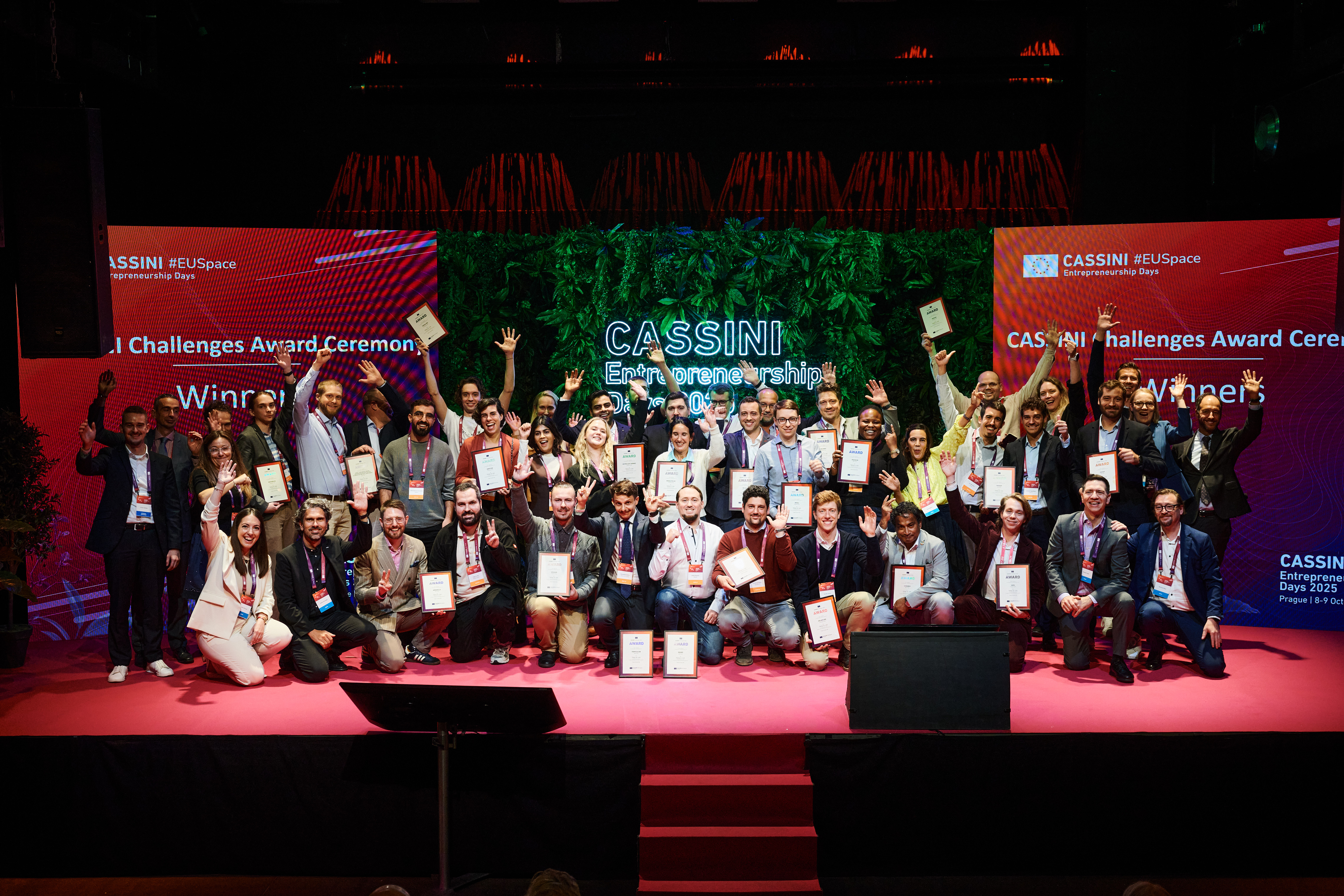CASSINI Challenges 2026
CASSINI Challenges is the ultimate launchpad for space entrepreneurs. Whether you are building upstream infrastructure or downstream applications, we help you turn EU Space data and assets (Galileo, Copernicus, SSA/SST, or GOVSATCOM) into commercial successes.
Across several successful editions, we’ve already fueled 149 winners. Now, it’s your turn. Solve real-world challenges, secure strategic funding, and lead the next wave of European space innovation.
Ready to scale? Apply today.
CASSINI CHALLENGES - Turn Space Technology into Opportunity

Use EU Space data or technology to solve global challenges. Leverage Galileo, Copernicus, SSA/SST, or GOVSATCOM to enhance the EU Space Programme and prove commercial potential. Learn more.

12 winners get a €100,000 prize award to accelerate their growth. We reward technological excellence and proven commercial readiness. The MVP requires a minimum Technology Readiness Level (TRL) ≥ 5 and a minimum Commercial Readiness Level (CRL) ≥ 4. Learn more.

Turn your idea into a successful space business with CASSINI. Join a community that helps entrepreneurs connect with investors, events, and real opportunities across the space sector. Learn more.
Timeline
Past winners
Rules of contest
Please carefully read the competition's Rules. The document includes the competition’s objective, eligibility, exclusion, and award criteria among other key details.

